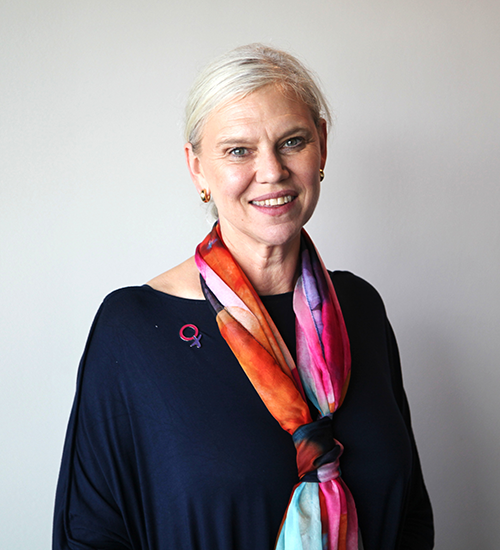New uterine cancers report a “wake-up call”
26/11/2025

Associate Professor Yoland Antill
Australia is facing a sharp rise in uterine cancers – now the fastest-growing cancer affecting women in the country – according to a new report released by the Australia New Zealand Gynaecological Oncology Group (ANZGOG). But public awareness and funding for research into the disease are alarmingly low.
Cabrini’s Associate Professor Yoland Antill, a leading expert in the field and Director of ANZGOG, is helping to shift the dial and raise awareness about the disease, contributing to the newly published State of the Nation: Uterine Cancers in Australia 2025 report, describing it as “a wake-up call” for the health sector, government, and the wider community.
“Behind every number is a woman, her family, her community, and often a story of silence and isolation,” A/Prof Antill said. “Uterine cancers have largely been unseen, unsupported, and underfunded for far too long. This important report shines a spotlight on this terrible disease and what steps need to happen next in our fight against it.”
The incidence of uterine cancer in Australia has doubled over the past 25 years, with rates projected to keep rising. By the year 2035, more than 44,000 women are expected to be diagnosed, and around 8,900 lives could be lost if no immediate measures are taken.
Alarmingly, younger women aged 25 to 44 are now being diagnosed at much higher rates, with cases in this cohort expected to rise by 60 per cent within the next decade.
Despite the growing impact of uterine cancers, most women are unaware of its risks, A/Prof Antill said.
“This report confirms that up to 60 per cent of future uterine cancer diagnoses could be prevented,” she said. “Currently, research funding for uterine cancers is much lower than for other cancers. This funding gap has resulted in fewer treatment options for women with advanced uterine cancers and inconsistent support for those living with the disease.”
ANZGOG’s report sets out a national plan with five top priorities: halve new cases, eliminate inequalities, ensure everyone can access precision care, provide comprehensive support, and boost investment in research.
“Achieving these aims could save $4 billion in health costs and thousands of lives over the next 10 years.”
This story was first told by The Herald Sun
Learn more about Cabrini’s gynaecological cancer services or to download the full report visit www.anzgog.org.au